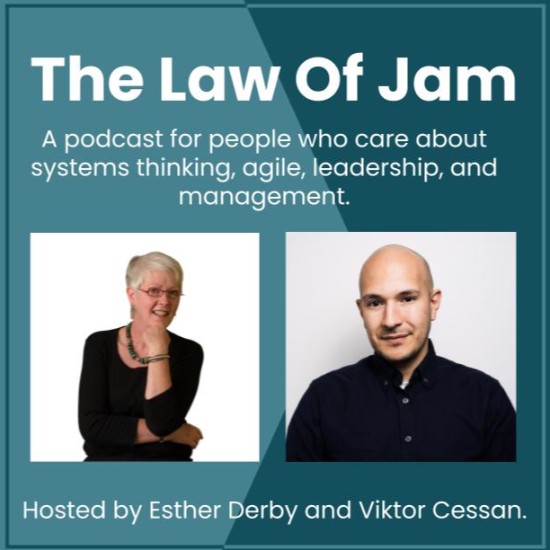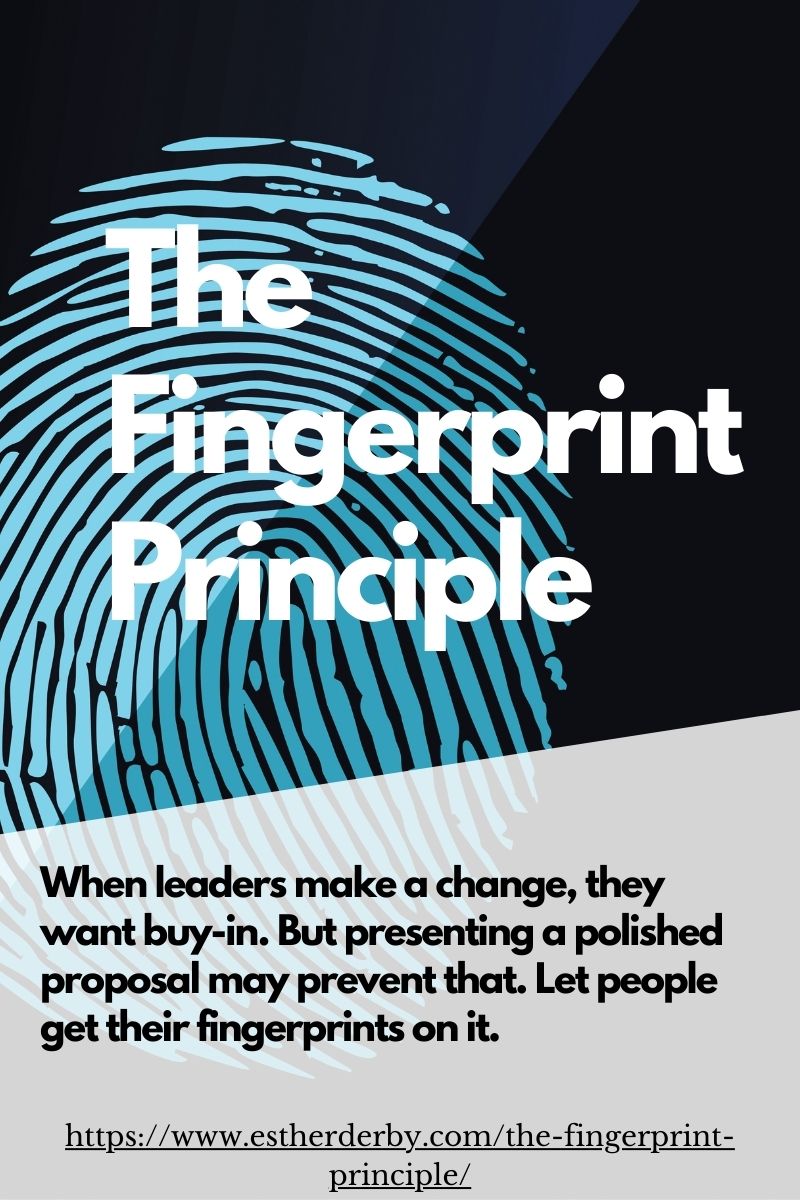Many companies have policies that govern the selection and hiring process for new employees. Not a bad thing. But I’ve noticed that in many of the companies I visit–especially the big ones–the guidelines put far less rigor around hiring people for dev teams than for management roles. (Occasionally, I do see the opposite.) This matters a lot when you are hiring for a team.

I agree with the need for due deliberation in hiring managers at any level. Managers can have a big impact, and it makes sense to hire carefully. Many companies take a broad stripe approach to hiring managers. They look at management skills–but also assess psychological make up, interpersonal skills, and ability to work with others. At senior levels, the candidate often interviews with the other people he or she will work with. They gauge the candidates style, fit, and personality–and gain commitment from the work group, not only the hiring manager.
But when hiring technical people, many of these companies take a narrow stripe approach. They look only at technical skills and domain knowledge. Both are important, of course. But job descriptions tend to focus on technical skills.
But there’s an assumption there that personal qualities and interpersonal skills don’t matter as much, and team buy-in is irrelevant. There’s also an assumption that people developing software work independently as individual contributors, and they are relatively easy to replace if they don’t work out.
But, if you want to develop strong, creative, capable teams, you need to up the hiring game at the dev team level.
Four Reasons to Up Your Hiring Game
- A person working on a team is not an individual contributor. Team members work interdependently. On teams, people collaborate, negotiate, make trade-offs, handle conflicts. You need to pay attention to more than technical skills. These interactions require a high level of interpersonal skill and emotional intelligence.
- Even junior members (in terms of experience, age, or skill level) are expected to exhibit a high degree of self-management. They make commitments to other team members, follow through on commitment, manage their own work level and task completion. They need to know how to ask for help, and be comfortable admitting when they don’t know something.
- People on teams need to have excellent problem-solving skills–beyond those needed by an individual contributor. An individual contributor needs to solve problems that are bounded by his task assignments. Problems of coordination and dependencies are often someone else’s job. People on agile teams work together to solve technical problems, handle issues, and interface with other teams. The manager isn’t doing the bulk of the integrating work between tasks and solving problems–team members are.
- People on teams need an exceptional ability to learn and apply that learning–both in growing “generalizing specialist” skills and in improving team processes.
You can learn a lot about these factors in an interview if you use behavioral interview questions. But not enough. But it is very difficult to assess how someone will fit into the team, unless the entire team has a chance to meet him and interact. It’s hard to assess how people code, test, problem-solve, unless you see them in action. That’s why auditions are so useful.
Further, the broader the interview team, the more people will be invested in the new hires success. They won’t have the cop-out of saying “your problem, I didn’t choose him.”
For some ideas on a hiring process for agile teams, see my article Hiring for a Collaborative Team. And buy yourself a copy of Hiring the Best, by Johanna Rothman.









I’ve found it helps to focus part of the interview process on talent and soft skills. During this part of the process, I try to take them outside the work environment by asking them questions such as, “What outside of your professional life has excited you most in the past few weeks?” Then I probe into why it excited them. Also, “Have you had any particularly productive partnerships or mentors?” Then I probe into what was productive about the partnerships/mentors and how they interacted.
Roger, in the US, if you take them outside the work and they answer about something with regards to a political or religious organization, and you don’t hire them, you can be sued. Why don’t you ask the questions about work? “On your most recent project, what has excited you the most?” or “Have you looked for a mentor at work?” (pause) “What happened?”
People who have initiative will find things that excite them. Or things that they can learn from. This is one instance of problem solving at work. After all, don’t you want people who problem solve at work? Or, do you want people who save their problem solving for not-at-work?
Johanna, leaving aside the legal consideration you raised, the reason I take candidates outside the work environment is that, as I’ve written, “[W]hen a person possesses them, talents span every aspect of a person’s life and do not merely manifest themselves in a particular job or work environment..
Exploring the prior work experiences has at least three possible limitations:
1. Sometimes, a candidate’s previous work environments have constrained her ability to pursue her passions and apply her strengths.
2. The candidate tends to think in terms of work-specific skills instead of the talents that manifest themselves in all aspects of her life.
3. Some candidates have no work experience.
In the USA you can be sued no matter what you do. I doubt many people are so crazy as to accept that someone volunteers information in an interview and then decided against you because of the info they provided. If you directly ask a touchy subject you open yourself up for more risk but I must say the interviews where people ask what they would want to know about someone they are going to spend 40 hours a week with rather than what some lawyer decided are safe have seemed much more useful to me. I think one (of many) problems with current interviews is the people asking questions are more interested in not doing anything some HR person or lawyer might question than they are in actually finding the best person (they are driven more by fear than desire to find the best person).
I realize we do need to conform people’s behavior to accepted norms but we just go way overboard sometimes. I think, as a society, we should be less willing to let the extreme cases determine how we behave in normal situations.
John and Roger,
I have to question by you would ever ask a candidate about non work. Why does it matter and as Johanna says opens you up to a law suit. Personally I think it is a cop out to blame the lawyers and it is lazy.
A good interviewer will be able to ask relevant work questions that gets to the candidates behavior and get a sense of their fit in a team. We use auditions and find they weed out poor candidates. Also the good candidates respond positively to auditions.
Bill, it’s as if you didn’t pay close attention to my first comment 🙂
A talent, by definition, is something that manifests itself in all aspects of a person’s life. When you engage a candidate in the context of work experience, she tends to focus on her skills, and not on her talent.
By instead engaging a candidate in the context of ordinary life, she sets aside the focus on work-specific skills and is open to thinking about the passions and strengths that manifest themselves in all aspects of her life.
Yes, with candidates who have previous work experience, it is possible to restrict the talent inquiry purely to the professional aspects of their lives. But it’s an uphill battle, because most candidates talking about their work experiences are predisposed to a skills mindset, not a talent mindset.
Roger, you seem to be quite adamant about this approach to learning about candidates’ talents beyond the work context. I can’t speak for others, but frankly I would not be comfortable sharing personal information with a stranger in an interview situation. I think you might consider other ways to discover candidates’ general talents besides intruding on their personal lives.
Ester, thank you very much for this article. You are one of my mentors that I follow on many different media.
I absolutely agree with your 4 points. A successful Agile team does not only look at skills but so much more about individual strengths. I facilitate a cross-functional collaborative team of 21 very dynamic team members in South Africa. The first thing we look at when we appoint is whether the individual has the skill we are looking for and then is the person a team player. In a cross-functional team, you should be rated on the success of the team and not only whether you met your personal KPI’s. We test the skills by giving the applicant a project and then if they pass introduce them to the team. The Team and applicant then ‘interview’ each other and see if they will be able to work together. Here they look at strengths, weaknesses, problem-solving skills, ability to learn, understanding the concept of inspecting and adapting and building iteratively. Being able to work together is a very good start. Then building relationships and trust.